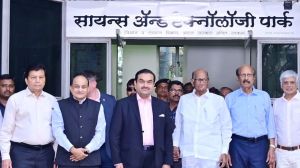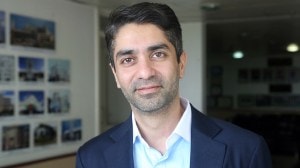Left with no word
As Buddhadeb struggles, CPM8217;s articulate Delhi leaders are silent on Singur. Why?

What8217;s missing as politics, industry, stock markets, global India watchers and people talk about the Nano project8217;s future in Bengal? Delhi8217;s super-articulate, TV-savvy CPM leaders. Have we heard Mohammed Salim declaiming against Mamata Banerjee? When did we hear Sitaram Yechury make a fine case for the Singur project? The Karats are quiet. From a group that had so dominated the airwaves and public discourse on everything from history books on India to the future of foreign policy, this silence is terribly perplexing. The CPM may be out of influence at the Centre, but it is in power in Bengal and, as its leaders had told us during the Nandigram controversy, industrialisation is crucial. Singur is a much more clear-cut case. There8217;s no CPM cadre thuggery that needs defending. The investor is not a shadowy Indonesian group but one of India8217;s most respected business houses. Buddhadeb Bhattacharjee needs all the public support that he can get. What8217;s the problem?
We have to wonder whether this is part of the central CPM8217;s thought process. Nandigram was worth vigorous defence because the party8217;s political praxis was in question. But Singur is a simple case of private capital being politically harassed and therefore doesn8217;t perhaps offer the theoretical alleyways that are ideal places where Marxist politician-pundits can have their cake and eat it too. Perhaps, coming out in support of the Singur project will look too much like supporting a capitalist as he complains about his investment 8212; that doesn8217;t fit very well with the grand narrative of American imperialism and global neo-liberalism, in which India is of course a victim.
The question of course is how long the central CPM can keep this paradigm in active circulation as it engages in post-UPA politics. It8217;s not that other politicians don8217;t have two or three or more faces. But they are mostly pragmatists. When jobs and economic welfare are at stake in their political powerbase they won8217;t keep quiet. Clever ideologues may have something to learn from them.
- 01
- 02
- 03
- 04
- 05































